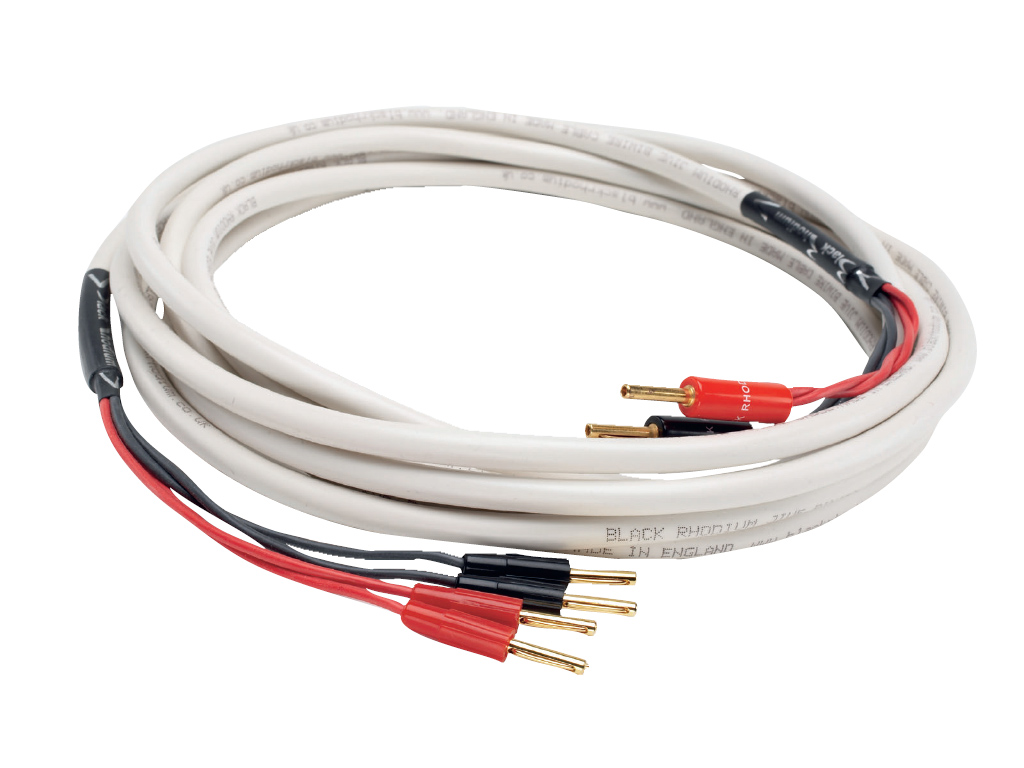TechRadar Verdict
A versatile cable which seems to offer either good bass or good treble, but not truly both together
Pros
- +
Good all-purpose cable
Cons
- -
Slackness evident at times
Why you can trust TechRadar
Jive is BR's next-to-entry cable at £7 per metre, and this bi-wire version is simply four instead of two conductors inside the overall silicone rubber sheath.
As we've remarked before, bi-wire cables offer not only the option of separate cable runs to each drive unit (assuming they have separate terminals on the speaker cabinet) but also the possibility of simply connecting two cores in parallel for each of 'hot' and 'cold' terminals, lowering the resistance seen by each drive unit.
Jive features conductors that are slightly on the thin side by the standards of many speaker cables; we gather in this case they're plain copper. The review sample came fitted with a single pair of 4mm plugs at one end and two pairs at the other, the usual configuration for bi-wiring.
If the more expensive Tango is the bass-lover's delight, Jive is perhaps a more general cable, but it still seems to have some mild preference for low frequencies. It's definitely less marked here, and we felt on the whole it's less well controlled too, with a suggestion of slackness in percussion and the bottom octave of a piano.
This area does vary a bit depending on how the cable's connected, with the 'shotgunned' parallel (non-bi-wire) connection giving rather better control.
Unfortunately, we felt the preferable connection from the treble point of view was bi-wire! Again, the difference is not massive but there's a touch more openness which is always welcome. Midrange is fairly detailed, with good lateral imaging and decent depth.
Sign up for breaking news, reviews, opinion, top tech deals, and more.
Tech.co.uk was the former name of TechRadar.com. Its staff were at the forefront of the digital publishing revolution, and spearheaded the move to bring consumer technology journalism to its natural home – online. Many of the current TechRadar staff started life a Tech.co.uk staff writer, covering everything from the emerging smartphone market to the evolving market of personal computers. Think of it as the building blocks of the TechRadar you love today.
